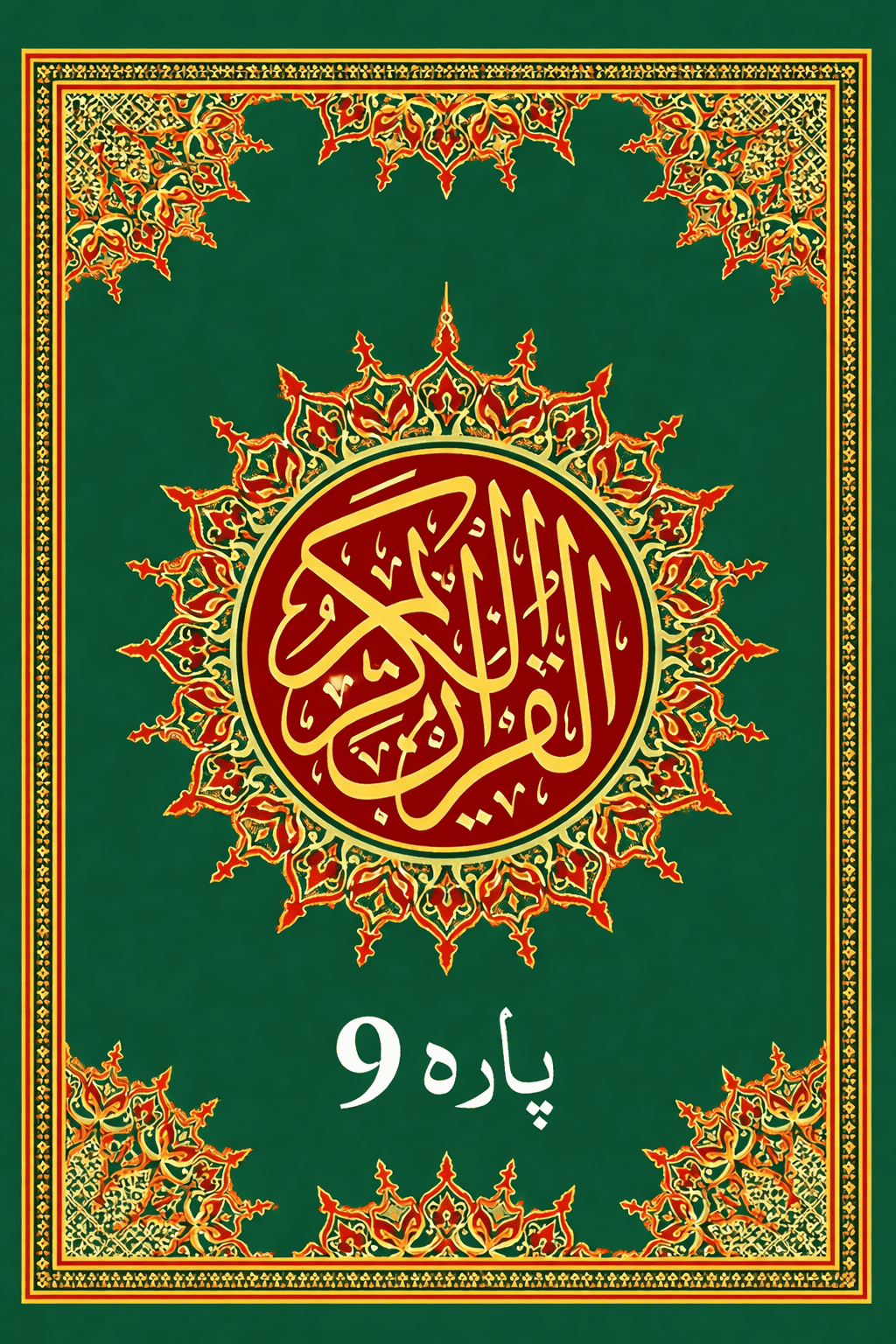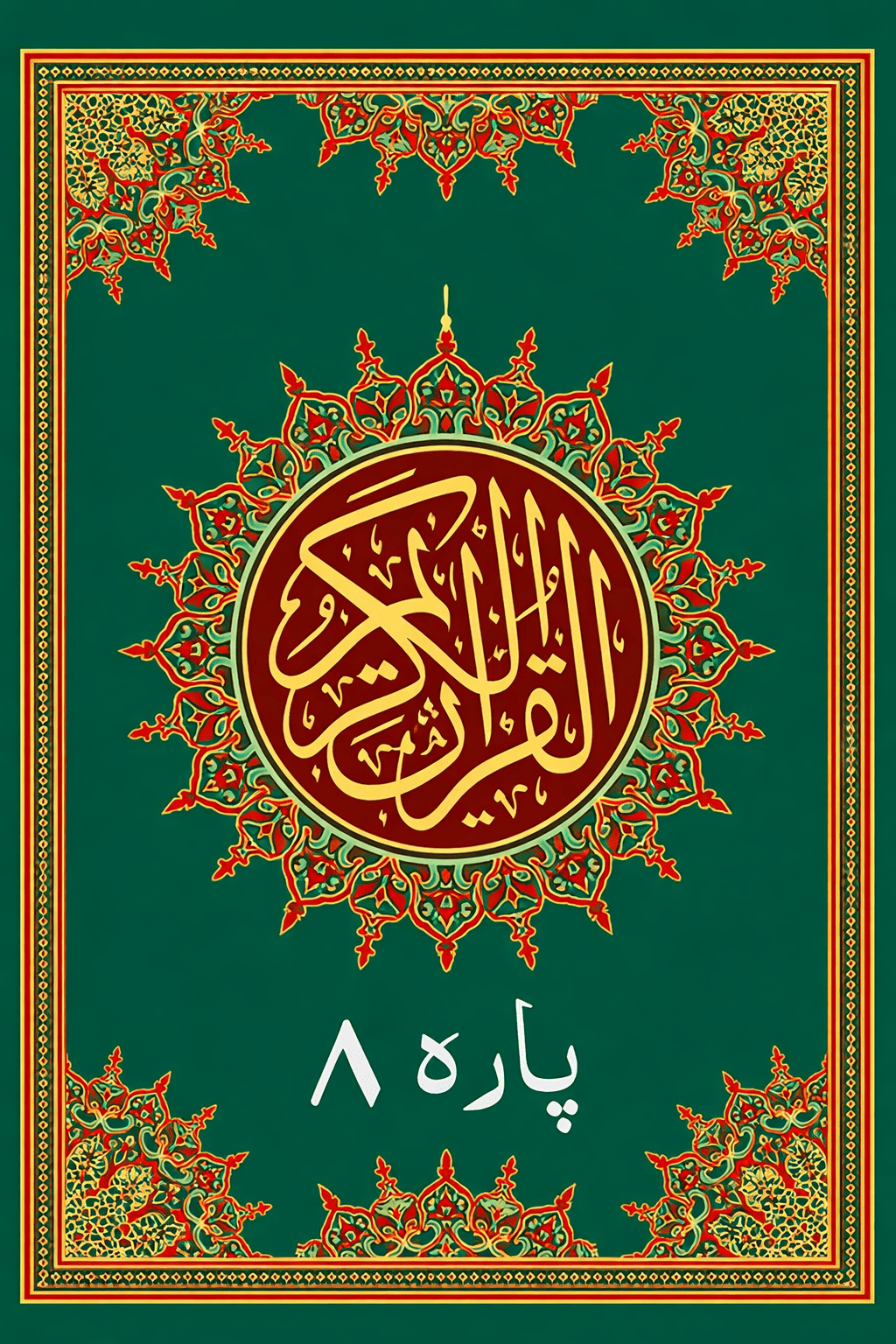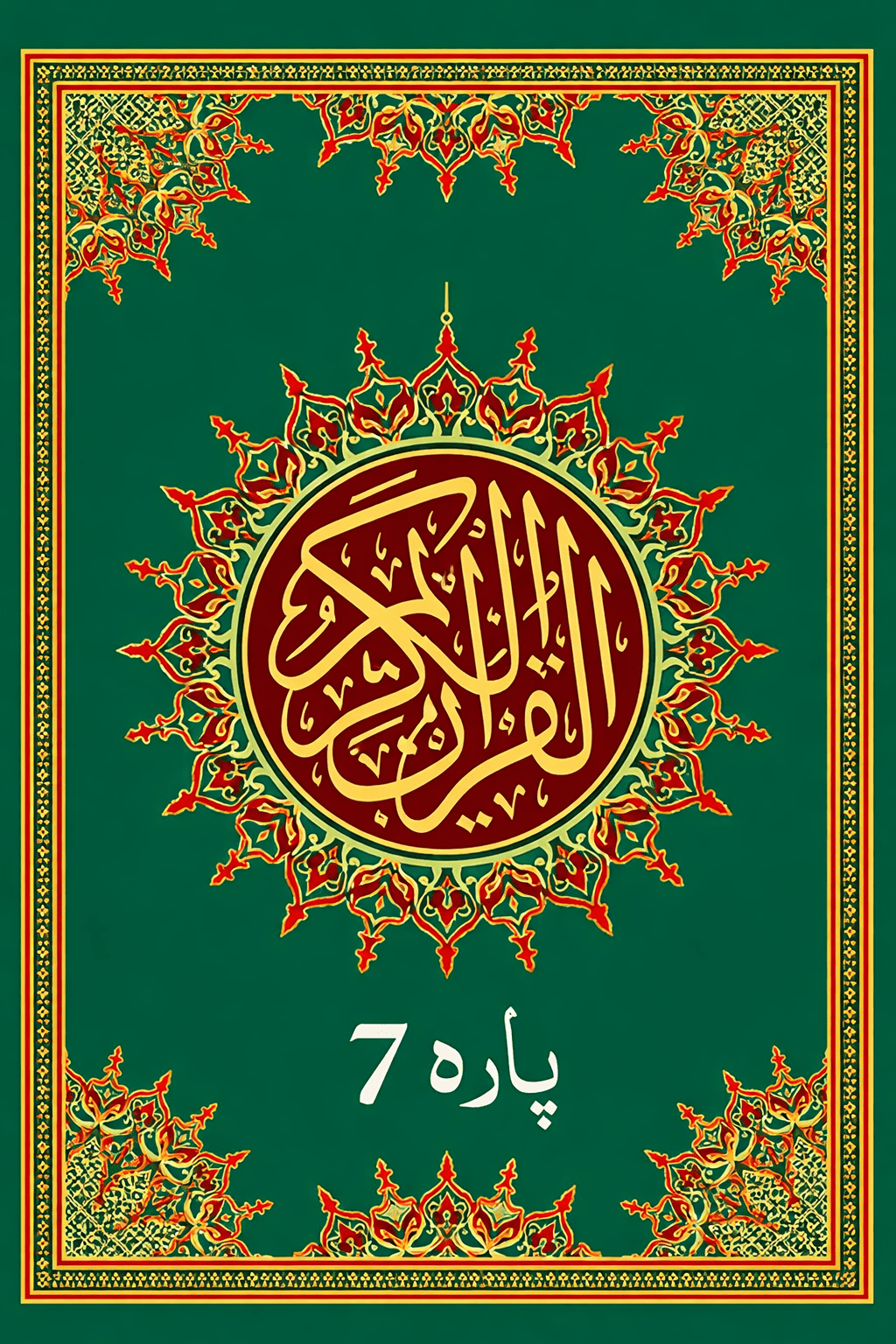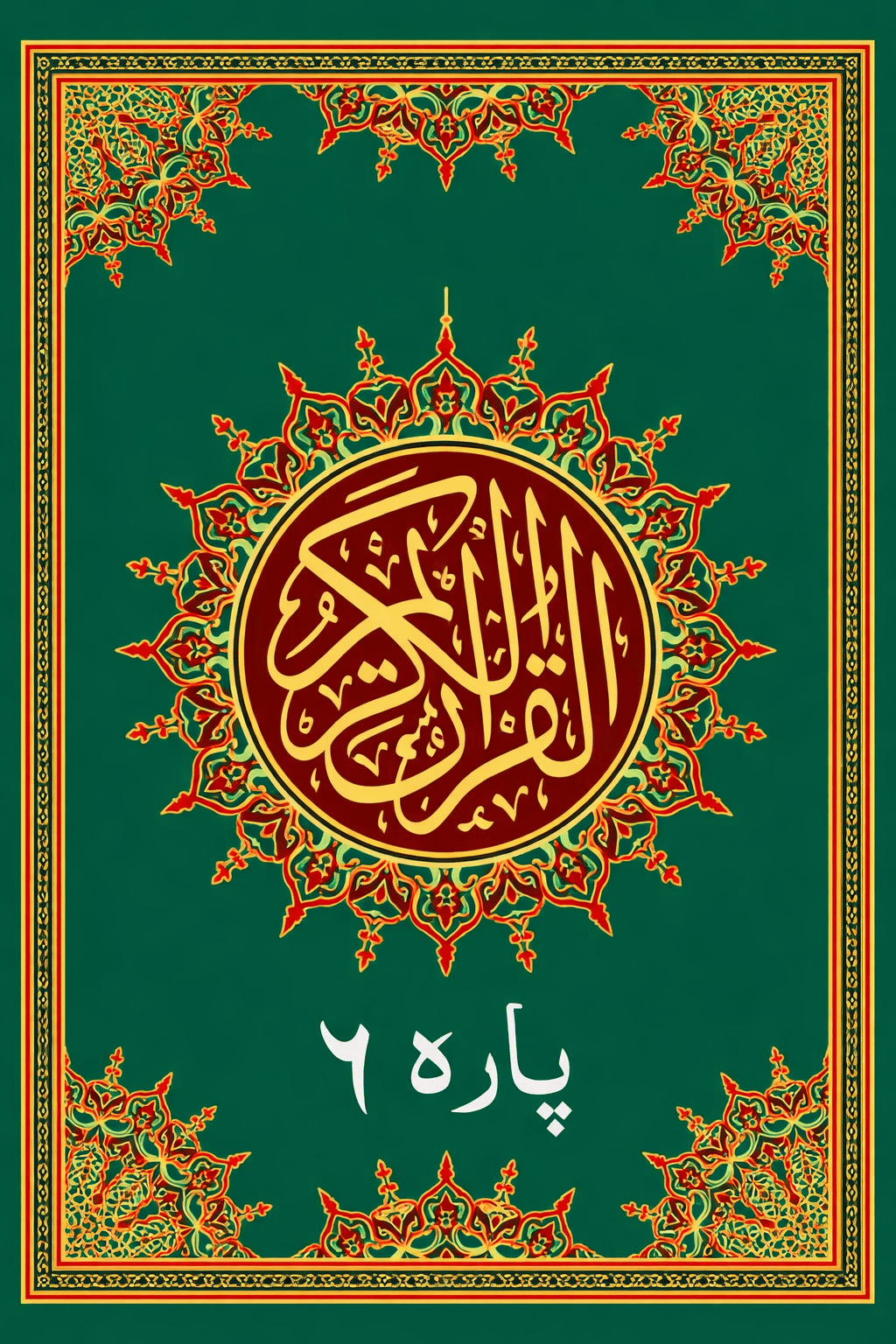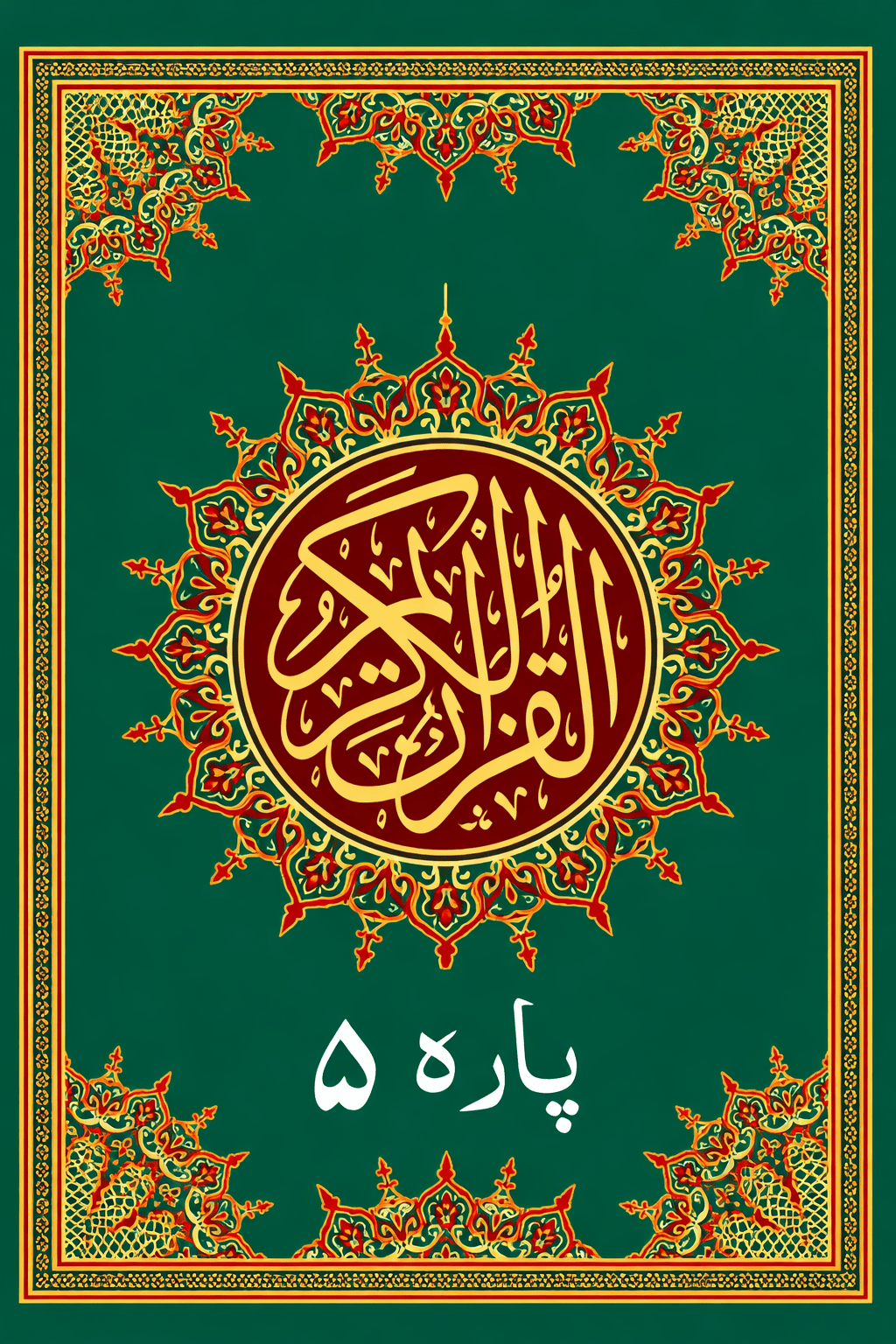
The age of marriage in Islam is a topic deeply rooted in Quranic teachings and Hadith. It balances maturity, consent, and societal norms, offering timeless wisdom for individuals and communities. This article explores Islamic guidelines, key Quranic verses, and scholarly insights to provide a comprehensive understanding of this subject.
Introduction: Understanding the Age of Marriage in Islam
The age of marriage in Islam has been a topic of great interest and debate in various circles. Rooted in the Quran, Hadith, and scholarly interpretations, Islamic teachings emphasize maturity, consent, and the readiness to fulfill marital responsibilities. This article delves into the Islamic perspective on the age of marriage, incorporating Quranic verses, scholarly insights, and cultural nuances to present a clear and comprehensive understanding.
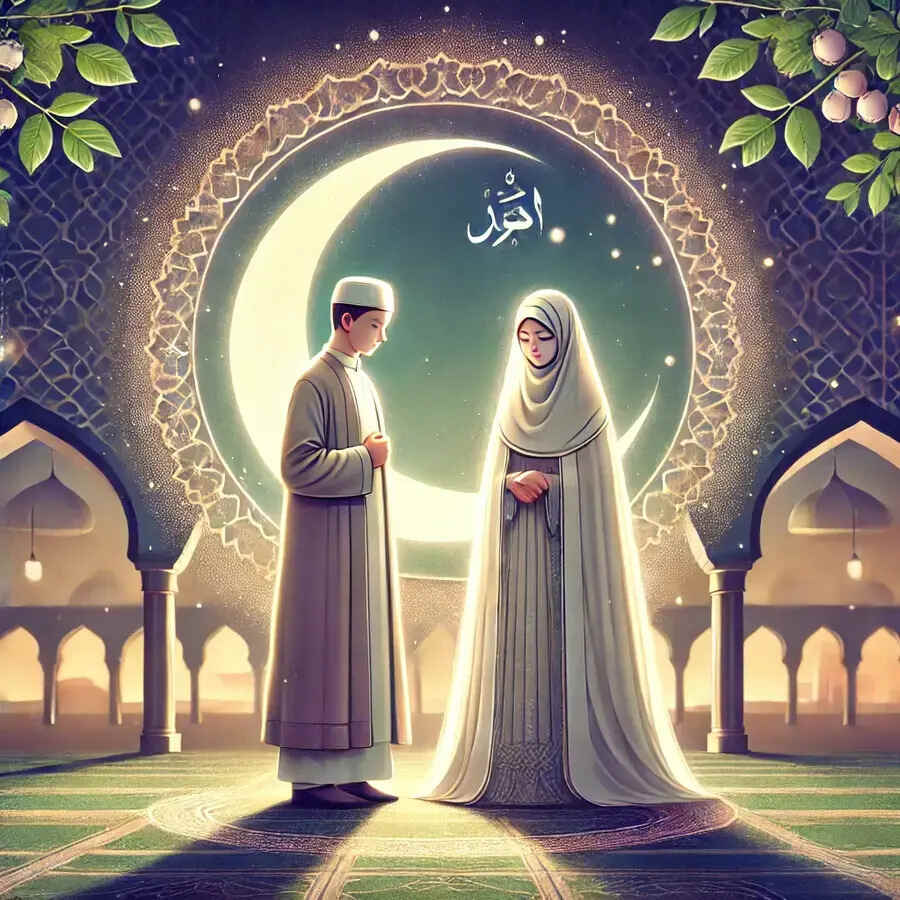
Quranic Verses on the Age of Marriage in Islam
Islamic guidelines for marriage prioritize maturity and mutual consent. While the Quran does not specify a fixed numerical age for marriage, it emphasizes the importance of responsibility and readiness.
وَأَنكِحُوا ٱلۡأَيَٰمَىٰ مِنكُمۡ وَٱلصَّٰلِحِينَ مِنۡ عِبَادِكُمۡ وَإِمَآئِكُمۡۚ
“And marry the unmarried among you and the righteous among your male and female slaves…” (Surah An-Nur, 24:32)
This verse highlights the encouragement to marry when one is capable, focusing on character and righteousness rather than solely age.
Another critical verse emphasizes maturity in decision-making:
وَٱبۡتَلُواْ ٱلۡيَتَـٰمَىٰ حَتَّىٰٓ إِذَا بَلَغُواْ ٱلنِّكَاحَۖ فَإِنۡ ءَانَسۡتُم مِّنۡهُمۡ رُشۡدٗا فَٱدۡفَعُوٓاْ إِلَيۡهِمۡ أَمۡوَٰلَهُمۡۖ
“And test the orphans [in their abilities] until they reach marriageable age; then if you perceive in them sound judgment, release their property to them.” (Surah An-Nisa, 4:6)
This verse links the age of marriage with maturity (rūshd), showing that readiness extends beyond physical growth to intellectual and emotional capability.
Hadith Insights on Maturity and Marriage
Prophet Muhammad (ﷺ) provided practical examples of marriage in his lifetime, emphasizing readiness and mutual understanding. A commonly referenced Hadith is:
“O young men, those among you who can support a wife should marry, for it restrains eyes and preserves chastity.” (Sahih Bukhari)
This highlights that marriage is encouraged when one is capable of fulfilling its responsibilities. Scholars note that capability includes physical, financial, and emotional readiness.

Role of Consent and Guardianship in Islamic Marriage
Consent is a cornerstone of Islamic marriage. Both parties must agree willingly, as coerced marriages are against Islamic principles.
The Prophet Muhammad (ﷺ) said:
“A previously married woman has more right to herself than her guardian, and a virgin’s consent must be sought.” (Sahih Muslim)
This underscores that while guardians play a role in facilitating marriage, their involvement must align with the consent of the bride and groom.
Islamic Perspective on Early and Delayed Marriages
Islam does not impose a rigid age for marriage but focuses on individual circumstances. Early marriages are permissible if both parties are mature and able to handle marital duties. However, delaying marriage to prioritize education or other personal goals is also acceptable within Islamic guidelines.
Cultural Practices vs. Islamic Teachings on Marriage Age
In some communities, cultural traditions have influenced perceptions of the marriageable age. Practices like child marriages often stem from cultural, not religious, roots. Islamic scholars have consistently argued that such practices contradict the principles of maturity and consent outlined in the Quran and Hadith.

Marriage Laws in Muslim-Majority Countries
The legal age of marriage varies across Muslim-majority countries, often reflecting a blend of Islamic principles and local laws. For instance:
- Saudi Arabia: No minimum age, but strict regulations require maturity and guardian approval.
- Egypt: Legal age is 18, aligning with modern legal standards.
- Pakistan: Legal age is 16 for females and 18 for males, though debates continue regarding reforms.
These variations highlight the influence of cultural and legal contexts on Islamic marriage practices.
Conclusion: Wisdom Behind Islamic Guidelines
The age of marriage in Islam is a balanced approach that considers physical, emotional, and intellectual maturity. Rooted in the Quran and Hadith, Islamic teachings emphasize readiness, consent, and the ability to uphold marital responsibilities. By understanding these guidelines, we can appreciate the wisdom and flexibility inherent in Islamic principles.
 Colors
Colors 
 Support
Support 





